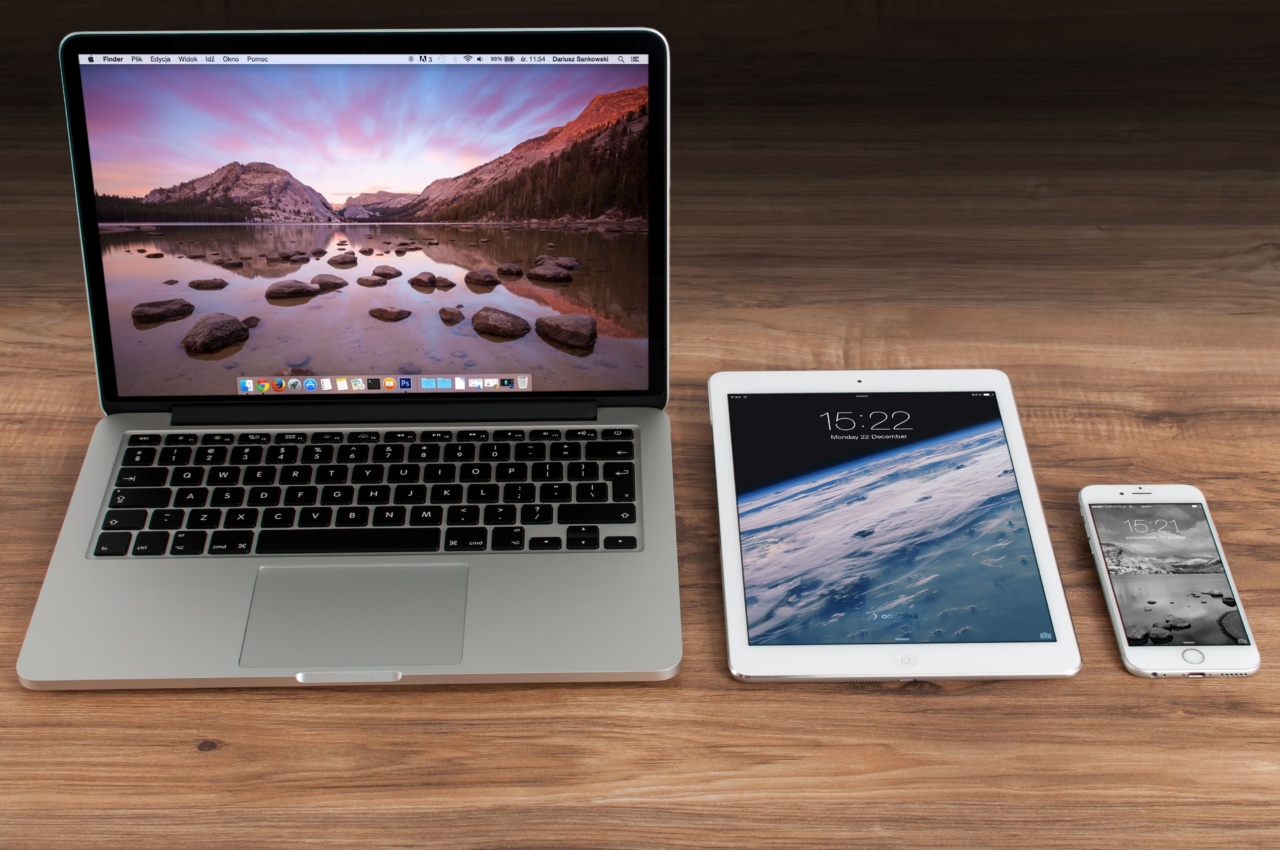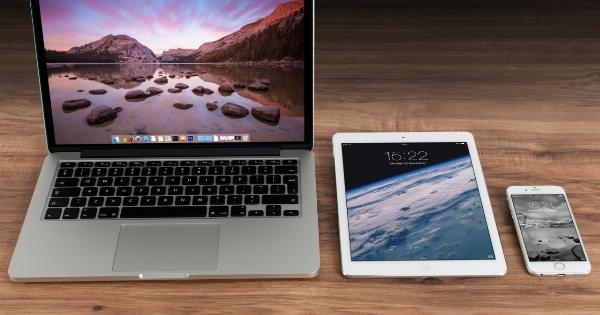In today’s digital age, mobile devices have become an essential part of our lives. From checking emails to scrolling through social media feeds, we rely on our smartphones and tablets to stay connected and informed.
However, while mobile devices have undoubtedly made our lives easier, they may also be harming our work productivity.
What is Productivity?
Before we delve into the impact of mobile devices on work productivity, it’s essential to understand what productivity means. Productivity is the ability to complete tasks efficiently and effectively, minimizing the time and resources required.
Productivity is crucial in any workplace, as it helps individuals and organizations achieve their goals and stay competitive.
The Impact of Mobile Devices on Work Productivity
While mobile devices have their benefits, they can also be a significant distraction in the workplace. Here are some ways in which mobile devices may harm work productivity:.
1. Distractions and Interruptions
Mobile devices can be a source of constant distractions and interruptions in the workplace. The constant pinging of notifications and alerts can make it challenging to focus on tasks, leading to interruptions and delays.
Even checking your phone for a few seconds can disrupt your workflow and decrease your overall productivity.
2. Multitasking
Mobile devices can make it tempting to multitask and juggle several tasks simultaneously. However, multitasking can actually decrease productivity in the long run, as it can be challenging to focus on multiple activities at once.
Moreover, when switching between tasks, it takes time for your brain to adjust, leading to decreased efficiency and longer completion times.
3. Addiction
Mobile devices can be addictive, leading to a loss of time and productivity due to excessive usage. Many people find themselves checking their phones compulsively, even when they don’t need to, leading to a decrease in productivity.
In extreme cases, mobile device addiction can even lead to depression, anxiety, and other mental health concerns.
4. Sleep Disruption
Research has shown that mobile devices can disrupt sleep patterns, leading to decreased productivity in the workplace.
The blue light emitted by smartphones and tablets can interfere with the body’s natural sleep patterns, leading to insomnia and other sleep disorders. Sleep-deprived individuals are more prone to errors, lack of focus, and decreased productivity.
5. Decreased Face-to-Face Communication
Mobile devices have made it easy to communicate remotely, leading to decreased face-to-face interactions in the workplace.
While digital communication has its benefits, face-to-face communication can be more collaborative, lead to fewer misunderstandings, and improve overall productivity. When relying too heavily on digital communication, things can get lost in translation or misinterpreted, leading to delays and frustration.
How to Mitigate the Negative Impact of Mobile Devices on Work Productivity?
While it’s impossible to completely eliminate mobile devices from the workplace, there are several ways to mitigate their negative impact on work productivity:.
1. Set Boundaries
To avoid being overwhelmed by notifications and alerts, it’s essential to set boundaries.
Turn off non-essential notifications during work hours, or you can opt to use features like ‘Do Not Disturb.’ Set aside specific times to check your email or social media to avoid being distracted throughout the day.
2. Avoid Multitasking
Avoid multitasking as it can lead to decreased productivity and efficiency. Focus on one task at a time, and when complete, move on to the next one.
Block off specific times of the day to complete tasks that require a significant amount of focus and concentration, keeping mobile devices away during these periods.
3. Mindful Smartphone Usage
Be mindful of your smartphone usage and try to avoid compulsively checking your phone throughout the day. Set time limits for using social media or browsing the internet on your phone.
Try minimizing phone usage during work hours unless you absolutely need your phone for work-related tasks.
4. Prioritize Sleep
Prioritize sleep to improve work productivity, including self-discipline to avoid phone usage when it’s time to sleep.
Aim to get seven to nine hours of sleep every night, ensuring the use of ‘Do Not Disturb’ mode or shutting down your phone during the night to minimize disruption.
5. Encourage Face-to-Face Communication
Encourage face-to-face communication by seeking out opportunities to collaborate and interact in person with colleagues rather than relying on digital communication.
Face-to-face communication helps to build strong workplace relationships and improves overall productivity.
Conclusion
Mobile devices have become a ubiquitous part of our daily lives, providing unparalleled convenience.
However, excessive usage of mobile devices may negatively impact workplace productivity by causing distractions, interruptions, addiction, and sleep disruption, among other things. By setting boundaries, minimizing multitasking, practicing mindful smartphone usage, prioritizing sleep, and encouraging face-to-face communication, we can mitigate mobile devices’ negative impact on work productivity.
We should always remember that there should be a healthy balance between work and personal digital life, which can contribute to better productivity and healthier lifestyles.





























